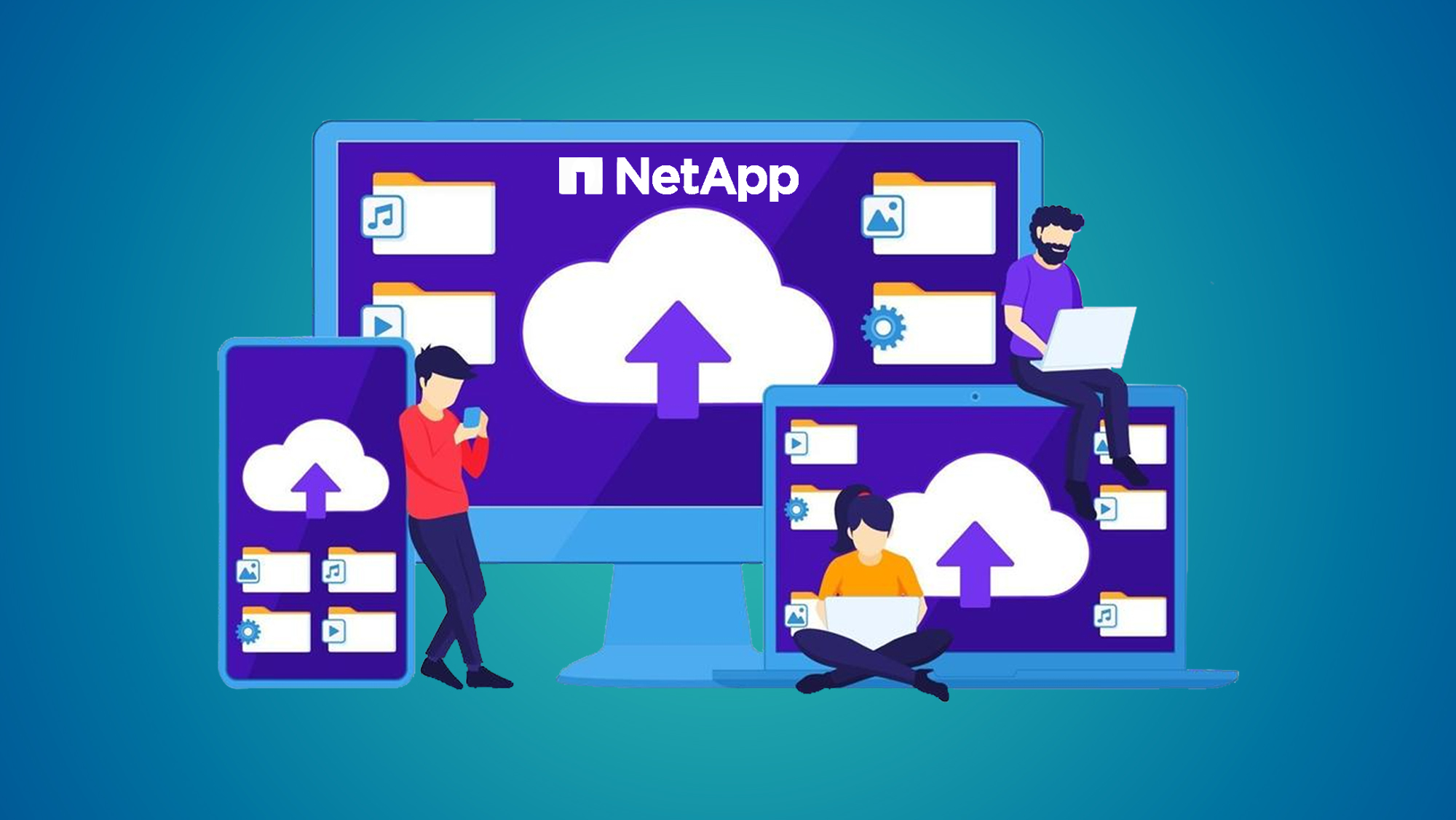Core Spring Essentials: Must-Know Features for Java Developers
Introduction:
Spring, the popular open-source framework, has become an essential toolkit for Java developers, offering a wide array of tools and features that simplify application development. At the core of Spring lies a set of indispensable features that every Java developer should be familiar with. In this comprehensive blog, we will explore the must-know Core Spring essentials that empower Java developers to build robust, scalable, and maintainable applications.
The Significance of Core Spring Essentials:
Core Spring essentials provide developers with a foundational understanding of Spring's key concepts, enabling them to harness the framework's power to create efficient and well-structured applications. By mastering these essentials, developers can leverage Spring's capabilities to streamline development workflows, manage dependencies, and implement best practices.
Must-Know Core Spring Features:
1. Dependency Injection (DI) and Inversion of Control (IoC):
Understanding DI and IoC is crucial. These concepts empower developers to design loosely coupled components, manage object lifecycles, and enhance code maintainability. By letting the Spring container manage dependencies, developers can focus on writing business logic.
2. Aspect-Oriented Programming (AOP):
AOP enables the modularization of cross-cutting concerns, such as logging, security, and transactions. Developers can create reusable aspects that are applied to multiple parts of the application, enhancing code separation and readability.
3. Bean Configuration:
Learn different ways to configure Spring beans, including XML-based, Java-based, and annotation-driven configurations. Understanding bean configuration helps developers set up and manage application components effectively.
4. Spring Bean Scopes:
Explore various bean scopes like singleton, prototype, request, and session. Mastering bean scopes is essential for controlling how Spring manages and provides instances of beans.
5. Resource Management:
Spring simplifies resource management by providing abstractions for working with files, URLs, and database connections. Developers can ensure consistent resource handling across different parts of the application.
6. Spring AOP:
Delve deeper into Spring AOP to create and apply aspects that capture specific cross-cutting concerns. Developers can intercept method invocations, perform actions before or after method execution, and address various concerns like logging and security.
7. Exception Handling and Validation:
Leverage Spring's exception handling and validation mechanisms to create robust error handling and data validation routines. By implementing custom exception handlers and validation rules, developers can improve application reliability.
8. Application Context and Environment:
Understand the concept of the application context and the environment abstraction. Master how to access configuration properties, manage profiles, and configure application-specific settings.
Benefits of Mastering Core Spring Essentials:
1. Efficient Development Workflow:
By mastering Core Spring essentials, developers can leverage features like DI and AOP to streamline the development process, leading to cleaner and more maintainable code.
2. Code Reusability:
A solid grasp of Spring's essential features enables developers to create reusable components, aspects, and configuration patterns, reducing code duplication and enhancing modularity.
3. Enhanced Testability:
Using Core Spring essentials, developers can design applications with a focus on dependency injection, which facilitates easier unit testing and better separation of concerns.
4. Scalability and Maintainability:
By following best practices learned from Core Spring, developers can design applications that are more scalable and maintainable over time, reducing technical debt and improving code quality.
5. Community and Industry Relevance:
Mastering Core Spring essentials enhances a developer's skills and makes them valuable in a Spring-centric job market. It also provides a strong foundation for exploring advanced Spring features.
Conclusion:
Core Spring essentials are the building blocks upon which successful Spring applications are constructed. By delving into Dependency Injection, Inversion of Control, AOP, and other essential features, Java developers can unlock Spring's full potential and create applications that are efficient, modular, and scalable. Whether you're building web applications, microservices, or enterprise systems, mastering these Core Spring essentials is the key to becoming a proficient Spring developer and contributing to the thriving Spring ecosystem.
You May Also Like
These Related Stories

Building a Strong Foundation: Essential Training for EMbedded Systems

NetApp in the Cloud: Optimizing Hybrid Storage for Success




No Comments Yet
Let us know what you think